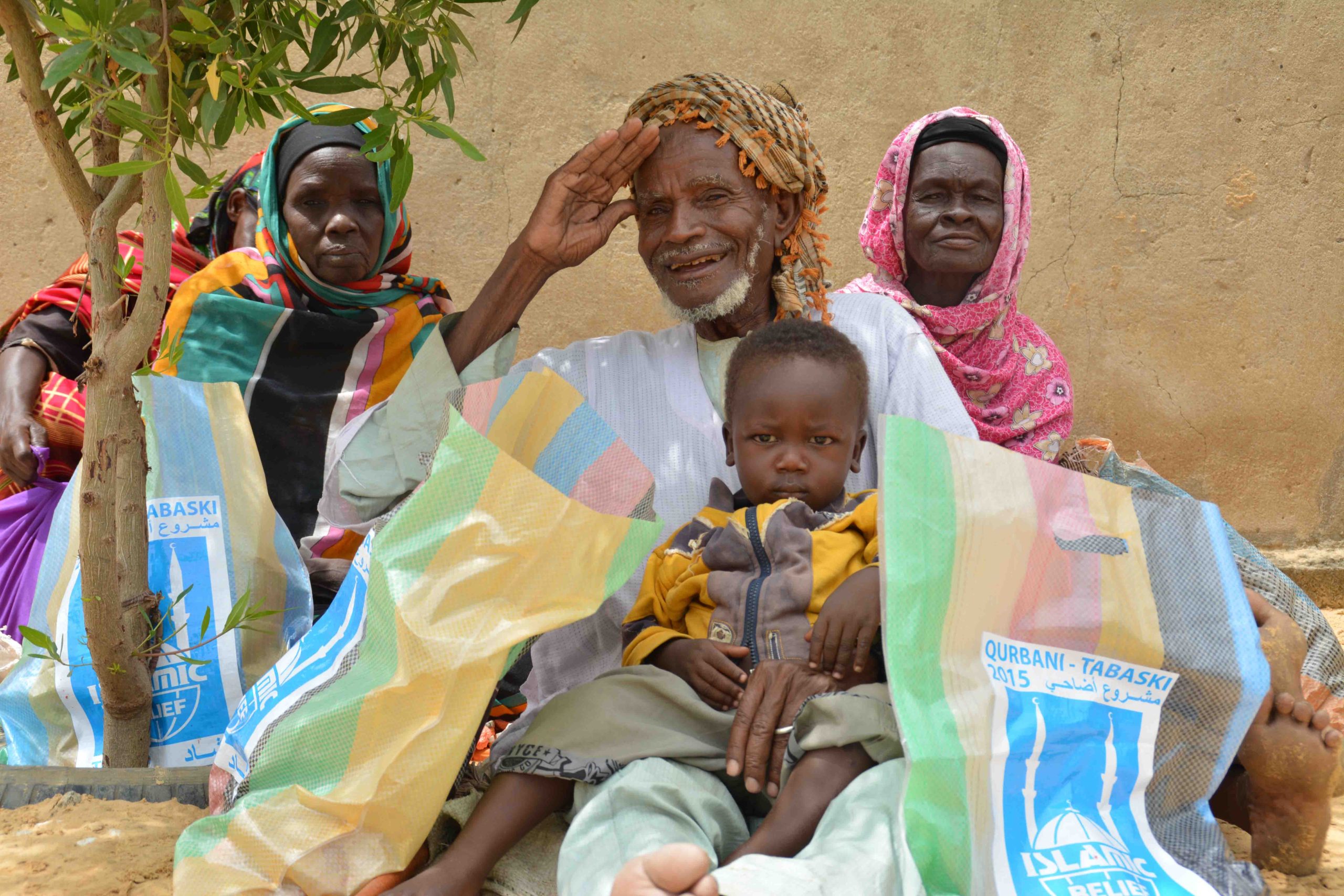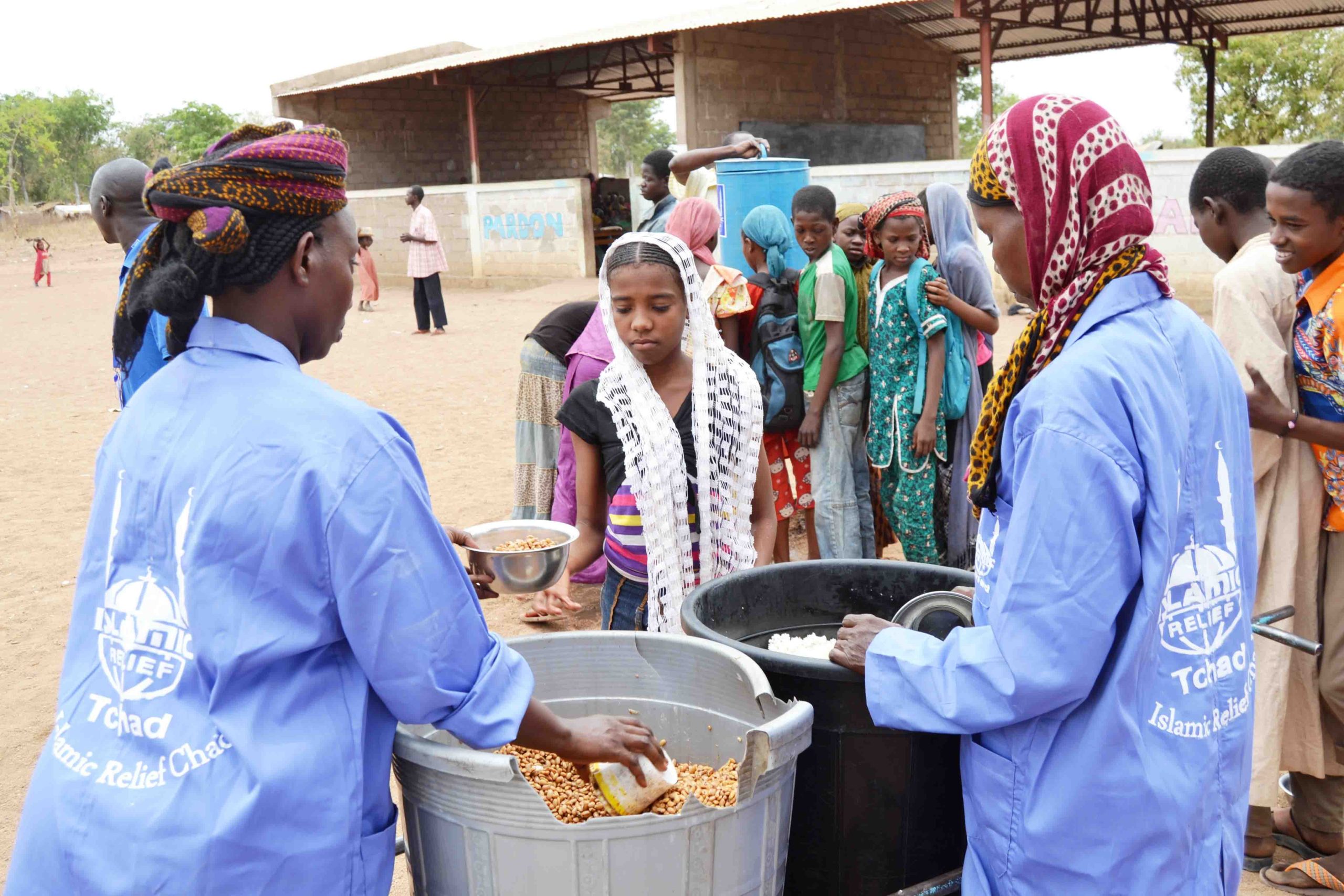In Chad, an estimated 38% of this mostly rural population live on less than $1.90 (£1.40) a day. The effects of climate change with the current drought crisis in the Lake Chad Basin and recurring severe food shortages are further exacerbated by changing populations and influxes of people inside Chad. With incoming refugees fleeing conflict in neighbouring countries, life is incredibly challenging for communities across Chad as increased pressure is placed on an already food-scarce region.
What’s more with high maternal mortality rates and 12% of children under the age of five suffering from stunting, poor health is a significant issue. In terms of education, over a third of children sadly do not complete primary school, leaving them facing an insecure future.
For many people in Chad life can be particularly challenging:
- Almost 80% of people over the age of 15 are unable to read and write (UNESCO, 2016)
- 50% of the economy is dependent on agriculture (World Bank, 2016)
- Life expectancy is approximately 52 years old (World Bank, 2015)
- Almost 90% of the population do not have access to adequate sanitation facilities (WHO/UNICEF, 2015)
Islamic Relief in Chad
Islamic Relief began working in Chad in 2006, during the Darfur conflict, when thousands fled to Chad to escape the fighting, overwhelmed the already struggling country. We provided immediate assistance to support the refugees and we continued working in Chad, focusing upon development work.

